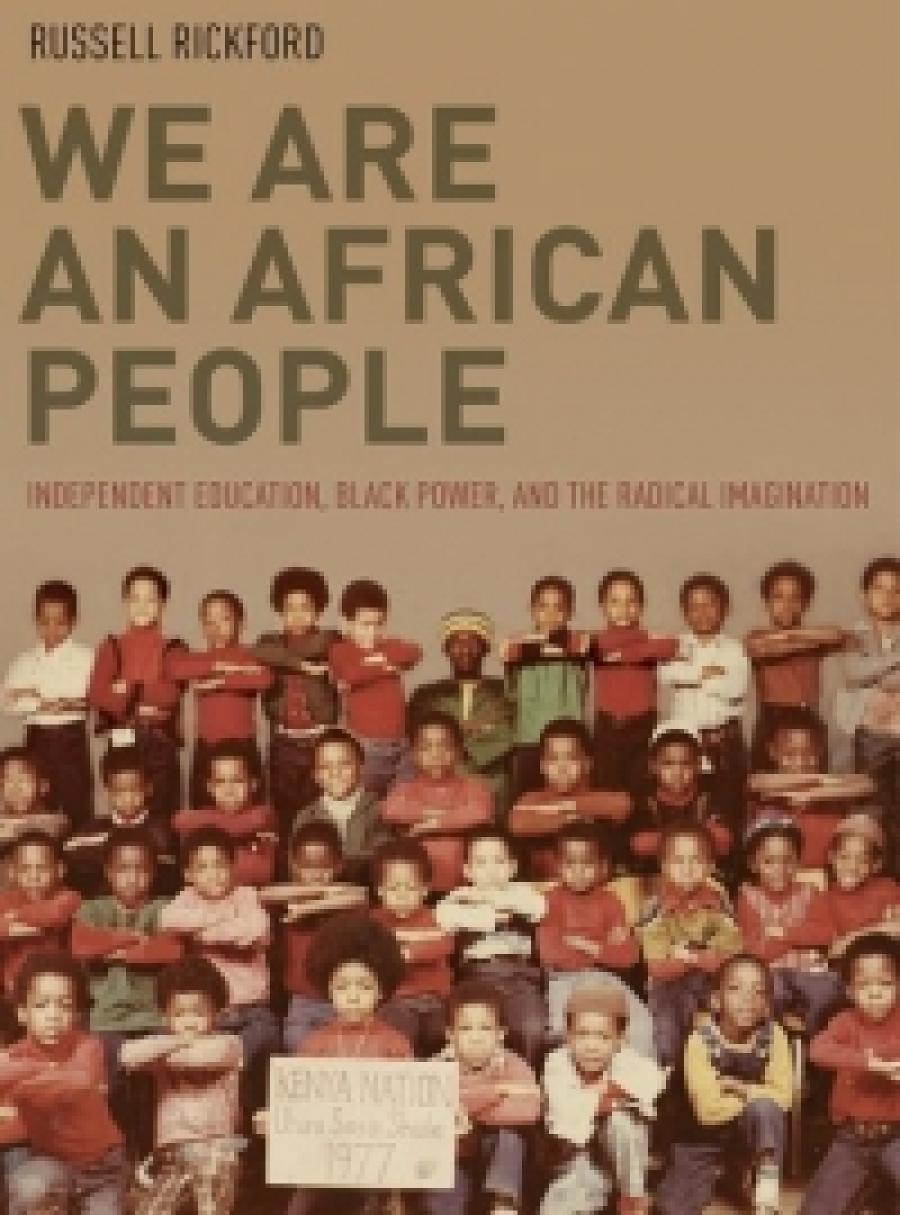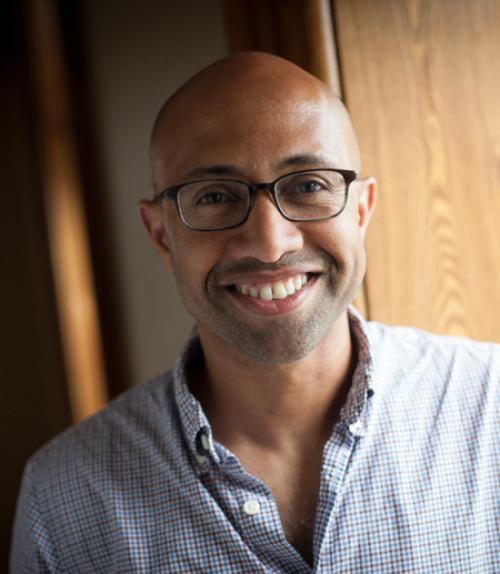The Black Power movement of the 1960s and '70s is often described as essentially rhetorical. But as assistant professor of history Russell Rickford explains in his new book, “We Are an African People: Independent Education, Black Power, and the Radical Imagination,” the movement was galvanized by complex political and cultural ideas that found their expression in black national and Pan-African schools.
Institution building was important to the Black Power movement, says Rickford. While the schools were partly a response to failures of public education in inner cities, they were also intended as cultural centers – and as political centers for organizing.
“The schools were an attempt to decolonize minds,” says Rickford. “They were nationalist institutions, designed to systematically transfer ideas to children and adults.”
Ideas and ideals central to the Black Power movement that were institutionalized by these schools included political self-determination, African identity, reimagining black people as Africans and reimagining blackness.
There were dozens of these schools, but most were small, ranging in size from 25 to 250 students. Most survived for a relatively short time, but a handful still exist, says Rickford, such as the New Concept Development Center in Chicago.
Pan-Africanism, explains Rickford, includes rethinking African-American identity not in terms of being a minority or a racial or ethnic group, but as an African people, fundamentally. “Pan-Africanism also conceives of African-American identity as a colonized people, culturally and spiritually linked to the Third World, with a need for a similar struggle to fulfill its destiny of nationhood, as well as cultural and political sovereignty,” says Rickford. “Education was seen as a major instrument to bring that about.”
The goal of “We Are an African People,” says Rickford, is to show how important cultural and political rebirth and renaissance was to black power, and how those ideas inspired a wide range of grassroots organizing as well as a quest for black institutions.
Rickford is working on a book about Guyana and radical African-American politics in the 1970s. He is editor of “Beyond Boundaries: The Manning Marable Reader” and author of “Betty Shabazz: Surviving Malcolm X,” the only major biography of Malcolm X’s late widow. He is the co-author, along with his father, Stanford University linguist John Rickford, of “Spoken Soul: The Story of Black English.”
This story also appeared in the Cornell Chronicle.





